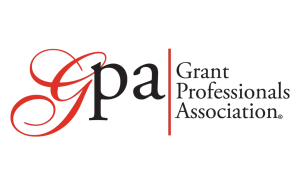Remember Ed Norton (the actor Art Carney) on the old “Honeymooners” television series? He’d sit down to sign a document or do some other writing and spend a lot of time waving his pen and “getting ready” to write until Ralph Kramden (Jackie Gleason) would bellow “C’mon, Norton!!!”
Anyone who’s ever written a proposal knows that feeling. At some point you have to start stringing words together and putting them down. What language should you use? What style of writing? To find the appropriate voice for your narrative, consider these suggestions and cautions.
One useful device is to pretend it’s a “letter to a friend.” You want to share something exciting, or interesting, or important for that friend to know about. The letter needs to present the facts, of course. But it also needs to convey the feelings behind the facts. It needs to allow the friend to experience what you’re describing. “You want to write like a good journalist—factual, with descriptions that paint the picture vividly and compellingly,” said Thomas Boyd, chief editorial consultant to The Grantsmanship Center.
It’s probably best to avoid overly-academic and excessively formal language. Unless you’re writing a detailed research proposal, full of necessary scientific terminology, “plain English” is the language to use. Write the way people talk.
Your organization’s programs take place in the real world. Foundation reviewers live in that world, too. It’s perfectly fine to think of a proposal as part of a conversation between people who share real-world experiences, not as a fancy plea for charity.
Short sentences have more impact. Statistics often need interpretation. Learn what you can about your intended reader(s). Writing is rewriting; do a quick first draft, let it sit for a few days, improve it. Avoid parroting a foundation’s “mission language” back at them. Instead, write about how your nonprofit puts that mission to work.
Finally, writers agree that reading is essential. “Read,” said author William Faulkner, “You’ll absorb it. Then write. If it is good, you’ll find out.” © Copyright 2022 The Grantsmanship Center










